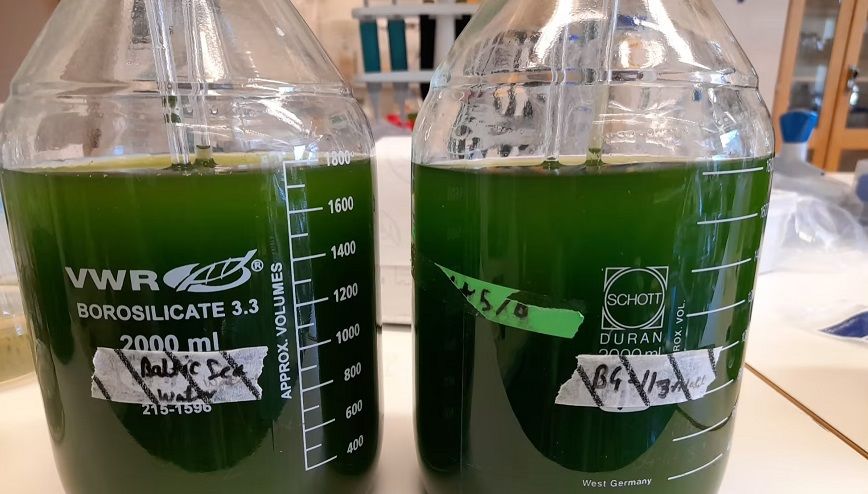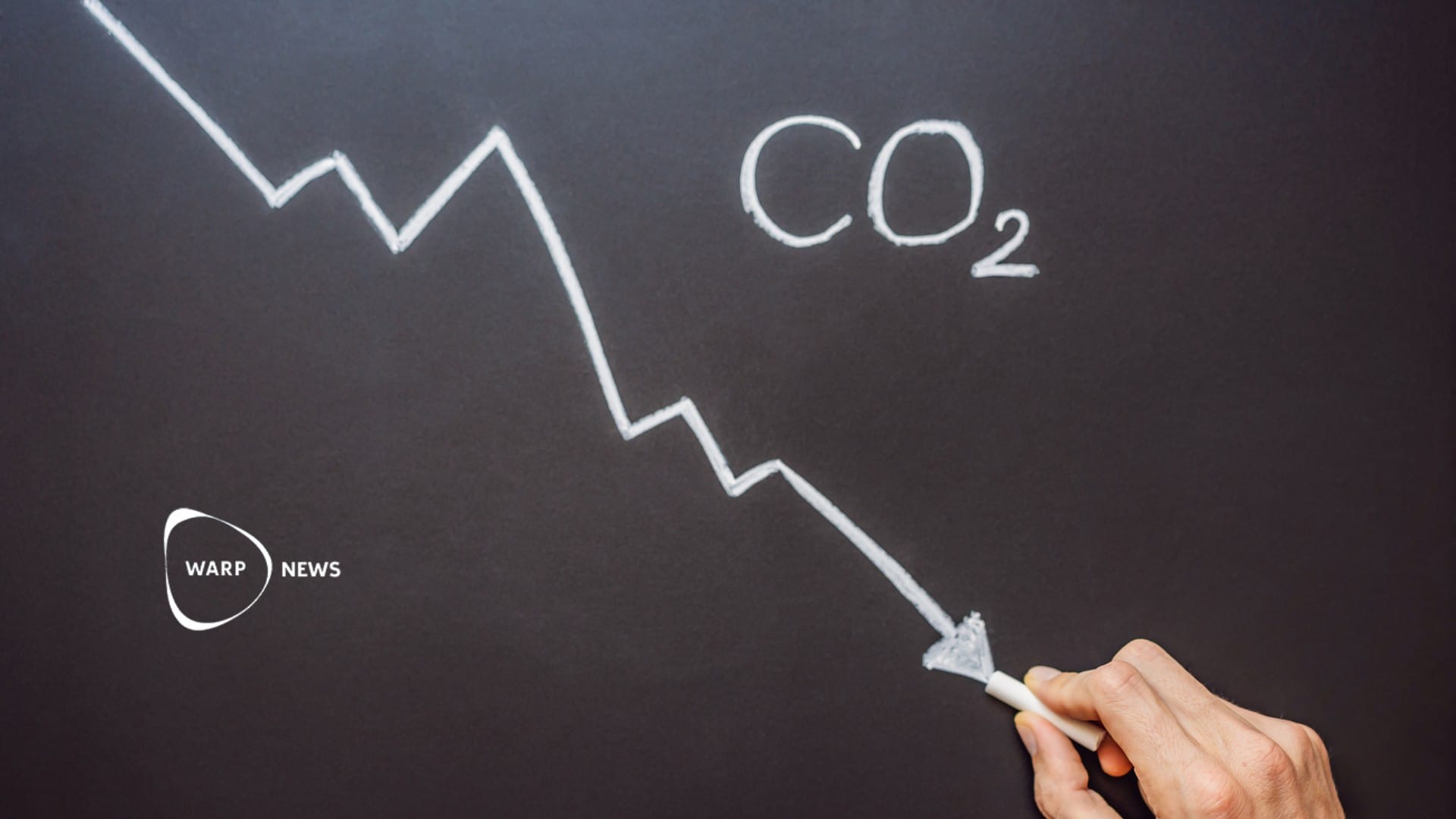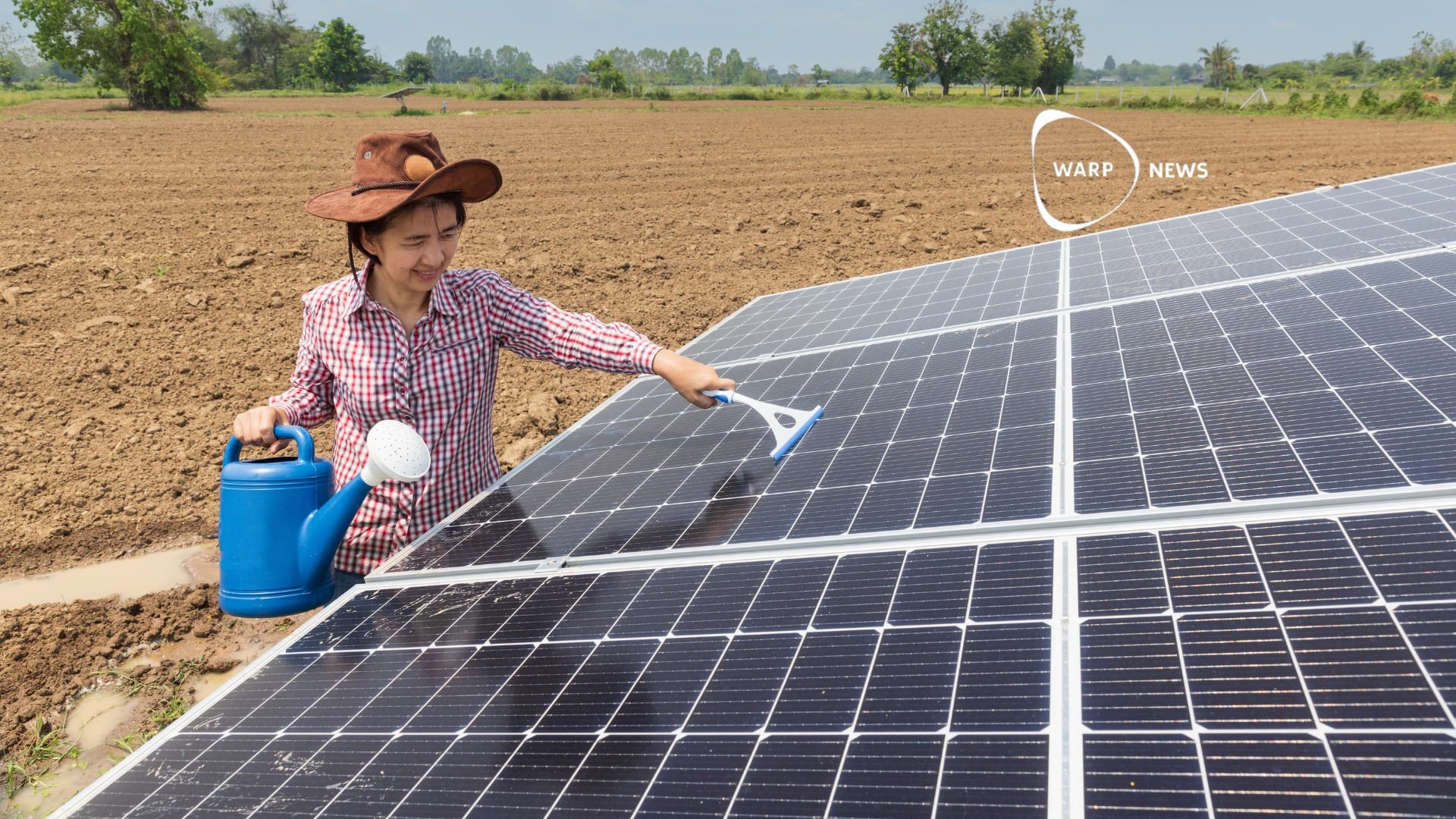
🦠 Algae both purify water and produce useful biomass
Algae can both clean wastewater and produce valuable biomass from seawater.
Share this story!
A lot of research is being done on different methods to purify water from various impurities. Using algae is a promising method. A research team working on this very thing is at Umeå University and they have found algae that can both purify water and produce valuable biomass.
The researchers began by seeing if microalgae could clean wastewater of nitrogen and phosphorus that can otherwise lead to eutrophication of our waterways. It turned out that the microalgae could handle that job perfectly.
"But not only that, we have also been able to show in previous studies that the algae remove dangerous pollutants such as pharmaceuticals and heavy metals. In fact, our algae can remove some of these compounds more effectively than conventional wastewater treatment" says Christiane Funk, professor at the Department of Chemistry at Umeå University, in a press release.
During the purification process, the algae produce biomass, but unfortunately it was not very useful.
"Because our algae are so effective at cleaning, their biomass contains lots of dangerous compounds. Microalgae biomass from wastewater cannot be used for food or feed" says Christiane Funk.
But then the researchers tested letting a type of microalgae grow in seawater instead of sewage. The salt in the seawater stressed the algae, causing them to produce large amounts of carotenoids. It is a type of biomass that is widely used in health care, food processing, pharmaceuticals, and cosmetics.
"We can now grow these algae species in Baltic Sea water. The algae are able to clean the problematic seawater and at the same time they produce valuable compounds" says Christiane Funk.
By becoming a premium supporter, you help in the creation and sharing of fact-based optimistic news all over the world.


